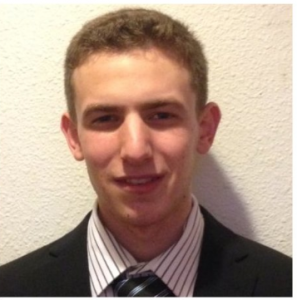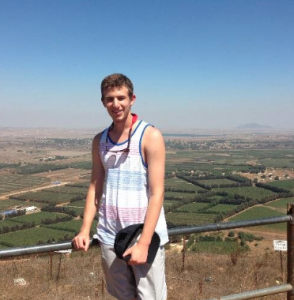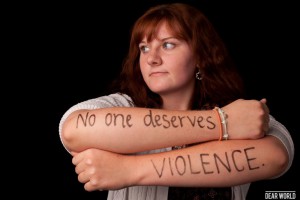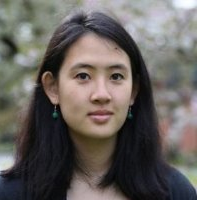 Surprisingly, my time in the Carnegie Global Oregon Ethics Program has taught me very little about ethics. Instead, I attained a better understanding of leadership.
Surprisingly, my time in the Carnegie Global Oregon Ethics Program has taught me very little about ethics. Instead, I attained a better understanding of leadership.
Most importantly however, I discovered the real meaning of courage and bravery.
When I left Paris to come to Oregon, I was looking for a “fresh” education that encourages students to ask seemingly unanswerable questions, to solve controversial problems and to come up with groundbreaking ideas that will shape the world of tomorrow. I have found this–not in classrooms at the University of Oregon– but during my time with CGO.
CGO fosters an environment that truly promotes leadership – one that I would never be able to have in France. By this, I mean leaders who empower others to become leaders themselves.
CGO students have a vision. They take initiative and find the means to achieve their goals. They proactively create space for new ideas and help conflict blossom into innovations. What is most particular to CGO leadership is students’ sincere desire to serve their community with humility, morality and dedication to justice and ethics.
Despite their significant differences in cultural, socio-economic and political backgrounds, they are not afraid to broach difficult topics. They engage each other on contentious ethical questions. They are bold when challenging each other’s value systems and their very own as well. More often than not, they cannot agree to what is right or what is ethical. Yet they are still willing to tackle difficult issues together. CGO students are courageous enough to think about social dilemmas that no one else would like to talk about.
They argue and stand up to each other in order to come to a more humane and constructive conclusion. As Albus Dumbledore once accurately pointed out: “there are all kinds of courage […] it takes a great amount of bravery to stand up to our enemies, but just as much to stand up to our friends.” Each and every member without exception strives for and accomplishes excellence. Students in CGO have taught me what leadership and bravery truly mean and for that, I will eternally be grateful for the opportunity that was given to me as a hashtag.– Claire Weil
Editor’s Note:
Claire Weil recently helped promote a screening of the film Girl Rising on the University of Oregon campus. See the trailer for this important film here:
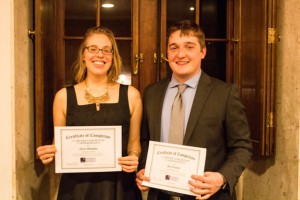

 We were able to work on a Taro farm as well. Taro is a sacred Hawaiian plant that is completely edible and used to make a variety of healthy foods for the island. It is not nearly as prevalent as it used to be and about 40 species of Taro out of the one hundred no longer exist. We cleared some new beds for planting as well as pulled weeds out from beds and tended to them to keep them healthy. We also got to try several types of Taro in different food forms that day.
We were able to work on a Taro farm as well. Taro is a sacred Hawaiian plant that is completely edible and used to make a variety of healthy foods for the island. It is not nearly as prevalent as it used to be and about 40 species of Taro out of the one hundred no longer exist. We cleared some new beds for planting as well as pulled weeds out from beds and tended to them to keep them healthy. We also got to try several types of Taro in different food forms that day.
